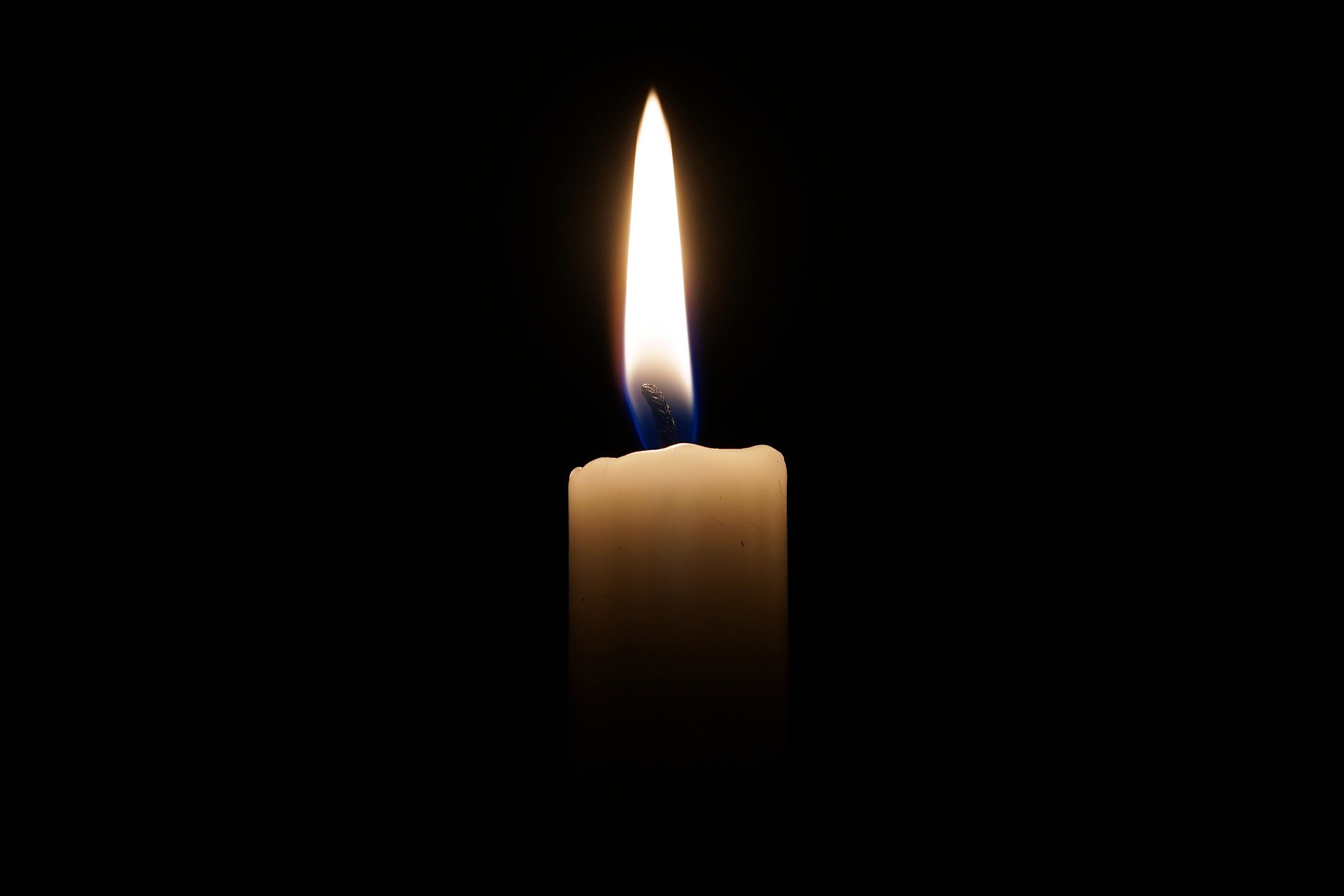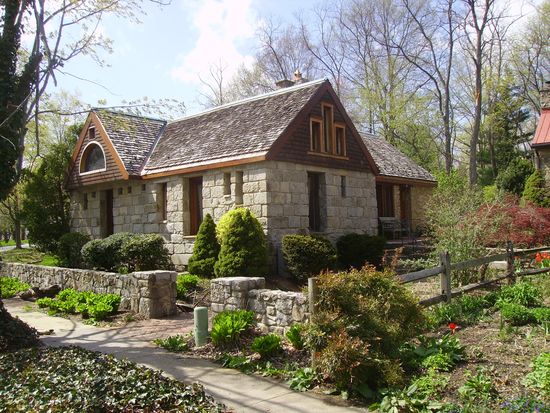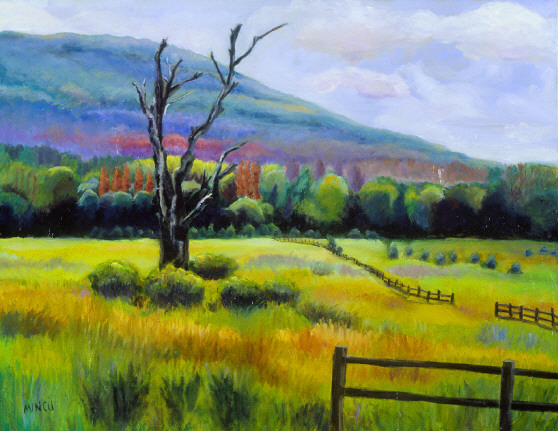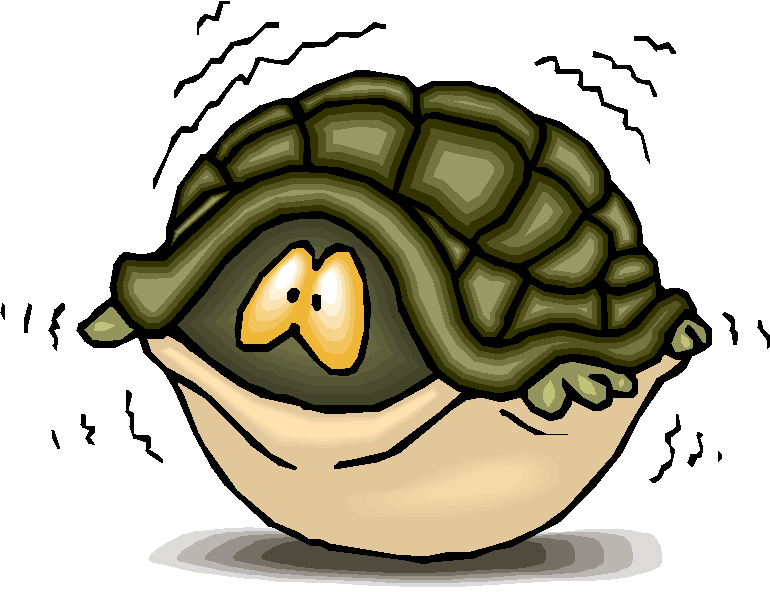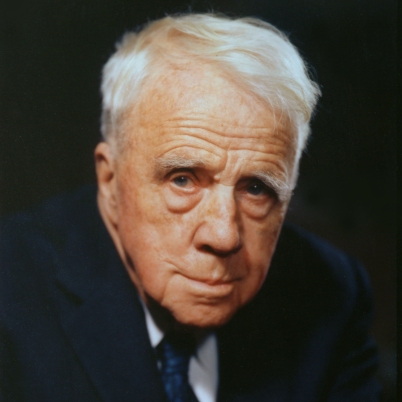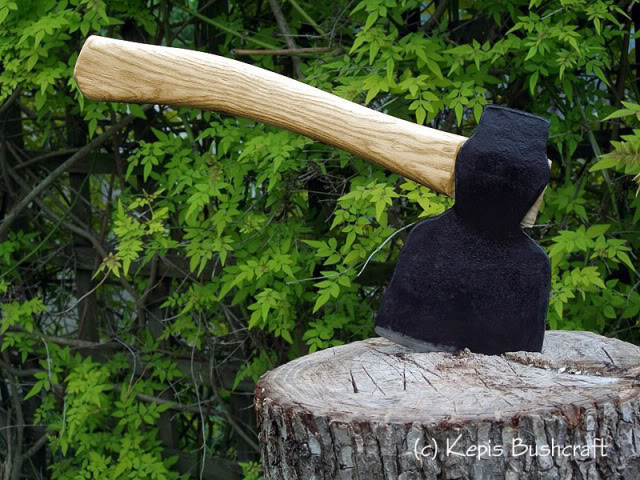Robert Frost’s poetry needs no introduction. Spanning across varying themes, his poetry is famous for bringing out feelings that the person never knew that he had. The four time Pulitzer winning writer is an expert at taking you to his own world, and relating incidents that are similar to the ones of your world. Today, we shall be making an analysis of The Lockless Door by Robert Frost, and let’s see where we go!
Explanation of The Lockless Door
The background of the poem is thus: On a metaphorical level, the poet has been alone in his house for quite a while. The door of that house doesn’t have a lock, and he’s inside it, alone. A knock comes on the lockless door, and he is alarmed. He tiptoes to the door and when the knock comes again, he’s decides to jump out of the window and ask the person knocking the door to come in, even though the door was open. This leads us to a few very interesting questions regarding why he didn’t simply opening the lockless door.
The Lockless Door by Robert Frost has a rather simple style of writing – 5 stanzas of 4 simple lines each with the even lines rhyming.
It is said that the event is actually based on a real life incident of Frost. He was extremely scared of the dark as a kid, and when he went to live outside during his college days, he had heard a similar knock on a lockless door. He’d actually jumped out of the window to ask the person to come in!
Analysis of The Lockless Door
There are a lot of interpretations and explanations of the lockless door which lead us to believe that it is indeed about guilt and his conscience. It’s the person hiding inside the house that is guilty of doing something, and his conscience pricks him to open the door straight away and hence he actually has to jump out of the window to ask the visitor to come in.
I’m more inclined to another interpretation that it holds. My analysis of the lockless door is that it’s about ruing missed opportunities and the fear of facing opportunities head on. The first stanza says, ‘It went many years but at last came a knock’. This means that there were many years that passed before an opportunity kept knocking at his door again. The house is where he is safe and secure, and he feels scared about the knock. He thought of the door without a lock, and feels scared as to who would knock on a door that doesn’t have a lock.
The fear then drove him to behave a little cautiously. He blew out the candles of the house and tiptoed to the door, afraid that it might be somebody that could cause harm. This behaviour is typical of people who are a little secluded, and do not particularly like too much interaction. They shut down a part of themselves before they enter a public interaction in most cases. He raised his hands in prayer, which further lends to the fact that he was scared.
In the third para he conveys that the knock came again. That drove him more anxious. It got to him to such an extent that he decided to climb the sill, out of the window and outside the house. He wanted to check on whoever it was, but not from the front. That’s why jumped the window and wanted to check it out. An opportunity is something like this to people who are scared of failure. It will merely knock on a lockless door, meaning it won’t impose itself on you. It’s yours to take, but it will go away if you don’t. A person who is scared of failure, on the other hand, will not like to face it head on. He’ll take a cautious approach to it, so that he gets himself acquainted to the thing at first, and then he would face it.
He then bade a ‘come in’ to whatever the knock on the door might have been. It’s not whoever, it’s whatever that has been used here. This shows the uncertainty of the poet to what is outside. At the end, he makes a mockery of himself. He says that it was foolish of him to actually let go of his own cage and to ‘hide in the world’. A simple knock on the door had such a psychological effect on him that he left the safety of the building where he was. But he uses, ‘hide in the world’ to convey something different. This means that at one point or the other in our lives, we need to be able to face up to opportunities. The actual people who belong to the world and are successful are those who seize their opportunities and make good of them.
Some online learning platforms provide certifications, while others are designed to simply grow your skills in your personal and professional life. Including Masterclass and Coursera, here are our recommendations for the best online learning platforms you can sign up for today.
The 7 Best Online Learning Platforms of 2022
- Best Overall: Coursera
- Best for Niche Topics: Udemy
- Best for Creative Fields: Skillshare
- Best for Celebrity Lessons: MasterClass
- Best for STEM: EdX
- Best for Career Building: Udacity
- Best for Data Learning: Pluralsight



